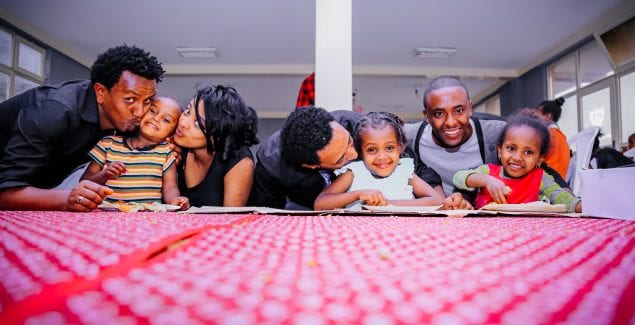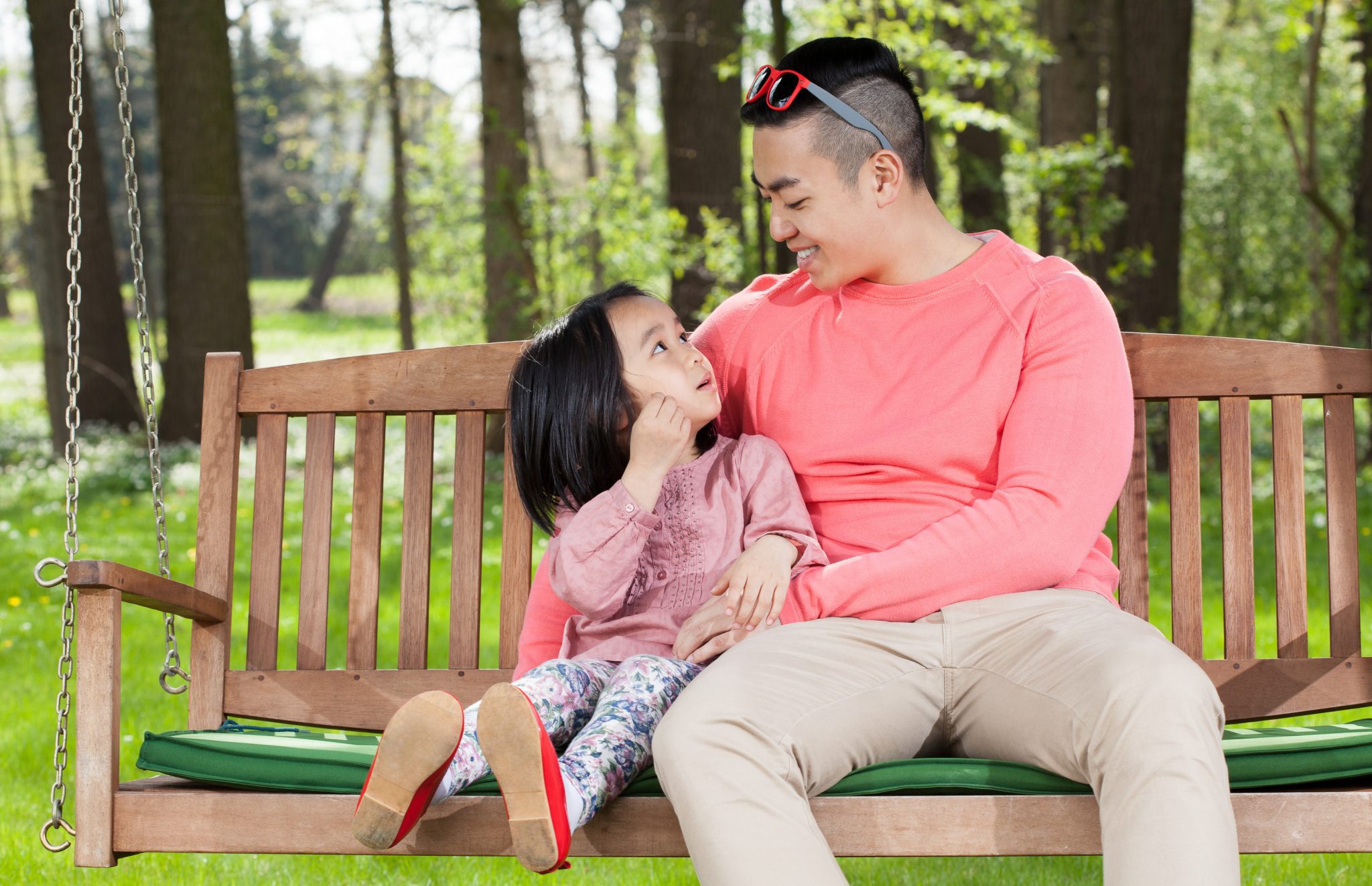Growing Together in the New Year

Posted in: Parenting Concerns, You & Your Family
Topics: Healthy Living, Relationships
If you’re like most people, you’ve likely already fallen short on one of your New Year’s Resolutions. In fact, less than half of people who make New Year’s resolutions stick with them much past June.
If it’s so common to break resolutions, why do we make them in the first place?
Most of us make resolutions because we want something to be better in our lives – we want to change a behavior, meet a goal, or improve our lives. Most of us have lofty goals and the best of intentions but life gets in the way. This is particularly true for parents who have multiple demands on their time, attention, and willpower.
Regardless of whether you are someone who is trying to stick to your resolutions, someone who has clearly broken them, or one of those who never got around to making them in the first place, you probably are eager to find ways to make your life less stressful and healthier as you make your way through this new year. Here are some tips to make this year more meaningful and less stressful for you and your family.
- Get Moving. Research has shown that exercise is beneficial not just for our bodies but also for our minds. People who exercise regularly have better attention and fewer symptoms of anxiety and depression. Exercise can increase your energy level and your memory. And yes – it can help with weight loss too! If you’re a parent (or not), you’re more likely to keep an exercise routine if you’re exercising with someone. It also doesn’t take much effort to make a difference. Set a goal of doing something active with someone you love once a week.
- Find Some Time to Recharge. We live in a busy world with multiple demands on our time and this is particularly true for parents and caregivers. Finding a calm moment to sit and think is a good way to reduce stress and regain an inner balance. It doesn’t have to be a meditation class (though that’s good too!). A few conscious moments glancing at something beautiful in the world around you while waiting in the carpool line can go a long way in making your day more meaningful.
- Keep a Gratitude Journal. If you’re feeling stressed and frazzled, reflecting on the goodness in your life can help decrease tension. Once a day, either as an individual or as a family, write down one thing you are grateful for. Saying it is great, but writing it down provides a journal of memories and family history. In years to come, this will give your children an idea of the goodness that surrounded them, the things that were important to you, and what you found influential. This can become a family heirloom when life inevitably gets tough.
- Laugh More. Similar to exercise, laughter has benefits that go beyond fleeting moments of happiness. Laughter decreases stress hormones, lowers blood pressure, triggers the release of endorphins (a hormone that your body produces to ease pain and make you feel calmer and happier), and may improve your resistance to disease. How can you inject more laughter into your life? Plan to watch funny movies, TV shows, or YouTube videos together. Do something silly. Spend time with funny people. Spend time with a pet. Make time for activities that make us laugh, like karaoke or mini golf.
- Let Go of Grudges and Forgive. If you spent the holidays arguing about politics with family members or nursing an old painful memory, consider letting it go. It’ll lower your own stress levels and provide an important example to your children.
- Spend Time Outside. Spending time outdoors, especially in nature, has the power to slow us down, calm us, and help us to refocus. Make it a point to take some time each week to head outside and just look around you.
- Improve Your Sleep. There is a wealth of data that indicates adults and children have been getting less sleep than the generations before us; yet getting the right amount of sleep is essential to our mood, productivity, and mental sharpness. Good sleep habits are similar for adults and children: go to sleep at the same time every day, be smart about napping, avoid “screens” for an hour or two before bedtime, and have a bedtime ritual that helps you wind down and clear your head.
- Increase a Sense of Excitement and Adventure. Think consciously about what would make your free time more exciting. Have everyone in the family come up with a bucket list of the fun things you’d like to do together and put them on the calendar. Or, if they are more future fantasies than current realities, talk about how you’d do it if you could. Sometimes planning an adventure is almost as exciting as the adventure itself.
- Eating Together as a Family. Family dinner time is associated with many benefits, including better academic performance, higher self-esteem, and lower rates of depression and substance Make a goal to spend time eating together, even if it means cutting something else out of the schedule. There is little else that your child can do that’s better than spending 30 minutes eating and talking with you over dinner every night.
- Keep to Your Normal Routine. – While the other items on this list involve doing something, there is also a value in not doing too much. Kids love routines. If you find yourself frazzled during the year, it’s often because you’re not doing what you usually do. That’s why holidays are so stressful – they take us out of our normal routines. But lots of other things can get families out of their normal routines, such as a new house, new baby, or being overly scheduled. Be aware of when this is happening and find ways to get back on track. Oftentimes, establishing normal sleep schedules is a good place to start.
A new year provides us with good opportunities to decrease stress, take stock of our lives, and slow down. But it doesn’t have to be New Year’s to resolve to have a better year. Start with small, meaningful changes. Start anytime. Like today.

 Share
Share Tweet
Tweet





